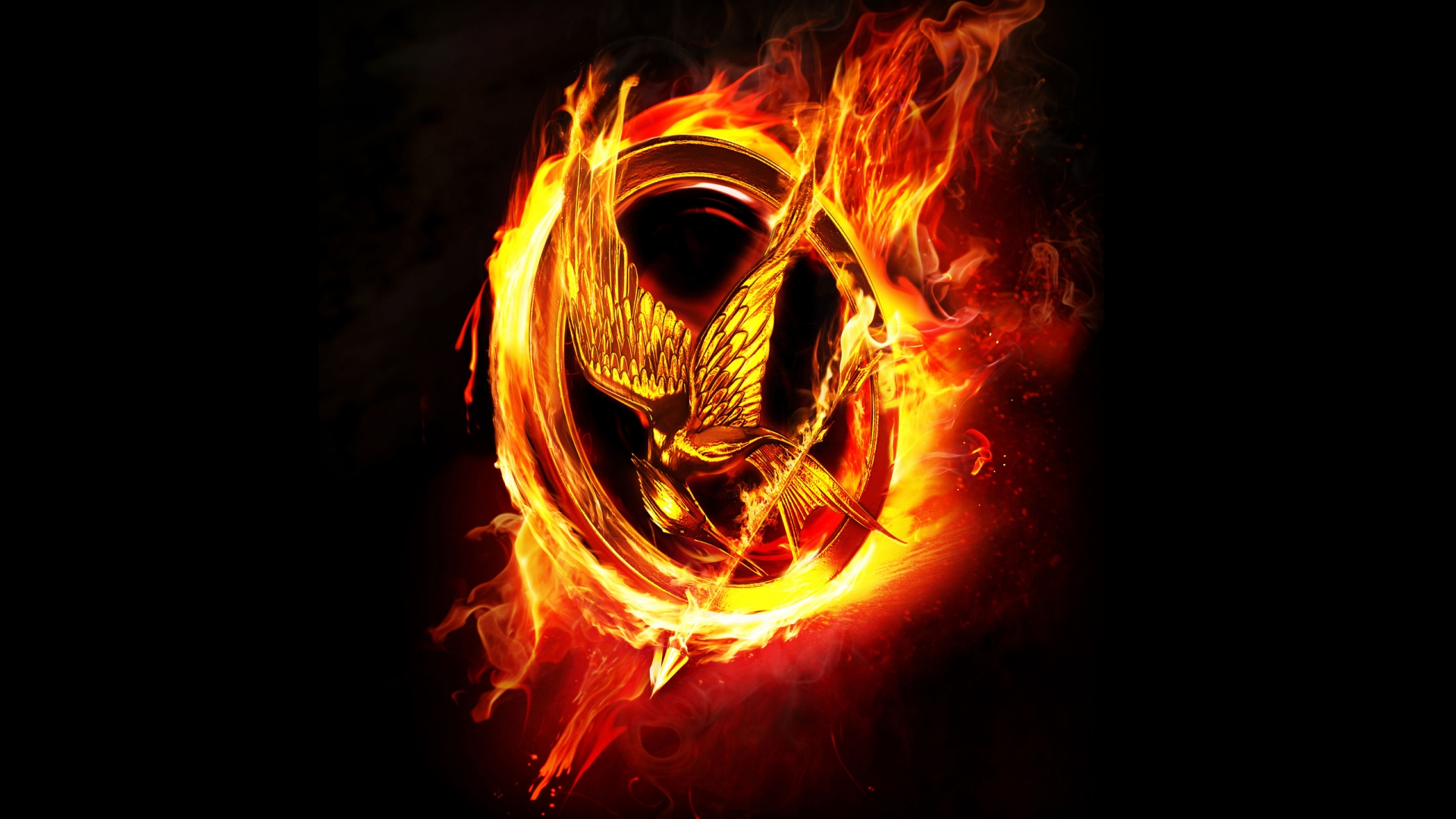So I Saw The Hunger Games This Weekend…
It’s been quite a while since I’ve been really hyped-up for a movie. I’m pretty sure Captain America was the last one, and thankfully that came close to living up to my expectations. After reading reading The Hunger Games novel back in November, the movie adaptation quickly shot up to the top of my list of “I’ve Got to See This Movie ASAP” list. Four long months later, it’s finally arrived, and I even went to see it Thursday at Midnight. I simply could not wait any longer.
My verdict: Hunger Games is a good, but very problematic, movie.
Obviously having read the book, the first thing anyone accuses me of is being a snob. “Stop comparing the movie with the book! They’re two different beasts and should be judged separately!” I don’t think there’s ever anyway to avoid this kind of criticism when book-to-movie conversions are involved. It’s true that movies invariably have to remove or alter portions of the original narrative due to time, budget, or any number of other constraints. Just look at the Harry Potter movies: entire characters and subplots are excised for the sake of keeping the films at a manageable length. That, however, doesn’t make these movies inherently bad. In fact, I’d say there are quite a few examples where these alterations actually made a storyline *gasp* better.
But whether we’re talking about a movie, a novel, or anything in-between, narrative pacing is key. Move too slow, and the audience falls asleep. Move too quickly, and the audience may get lost in a sea of characters and events, wondering how they all fit together cohesively. The latter problem is what causes The Hunger Gamesto falter. The majority of the movie (and about half the novel) takes place during the titular Hunger Games, and it is easily the best part of the film, especially where storyline pacing is concerned. But as I said, that only accounts for half the novel. The other half is spent getting the main characters to the Games. In the movie, this takes about 30 minutes. Now admittedly, the director used some clever narrative techniques to convey much of the storyline (at least the parts needed to make sense), but overall I think pivotal moments in the storyline were shortchanged because the director needed desperately to reach the Hunger Games themselves.
Perhaps I’ve just become overly sensitive to this issue in a post-Airbender world. For those who never saw it (and I recommend avoiding the movie), The Last Airbender tried to compress an entire season of a television series into a 2+ hour movie. Having never seen the series myself, I was utterly lost during the entirety of the film. Airbender jumped from plot point to plot point with almost no time for the audience to breathe. By the time it was over, the only name I could remember was the main character’s, and I cared so little about the others that the “major” death had absolutely no impact.
I fear that the only reason I was able to follow the first 30 minutes of The Hunger Games is because I was mentally filling-in the gaps with my fore-knowledge. And aside from the two main characters – Katniss and Peeta – I never really connected with the rest of the cast. How is that going to affect… events later on in the sequels?
In almost every other respect, The Hunger Games is an excellent film. I think people misunderstand me when I use phrases like “not phenomenal” and “problematic”, as they did when I criticized Super 8 last Summer. There is A TON to love about The Hunger Games, especially is you’ve read the books. You may not even notice or care about the problems I had when you see it yourself, as I seem to be in the minority.
Go see it! And if you haven’t already, read the books afterwards. The first two are awesome!!
—
On a completely different note: I was a little disturbed by the audience’s reaction at times. I mean, we’re watching teenagers slaughter each other for sport, and the entire crowd cheers when on of them dies? I know we want to protagonist to live, but still it was a bit disturbing.


As to the comment about the crowd reaction, I think that was the author's intention. It is a total mind fuck because in order for Katniss and/or Peeta to live, we have to, on a certain level, want the other 22 to be killed. I did not sit in a crowd where people were openly cheering, but I did not go at midnight either. I think that kind of savage response was very much what Collins was indicting our modern day state of mind of in creating The Capital.
As for the rest of your review, I, of course, disagree. I found the pacing to be great. The movie clocks in at 2 and a half hours, only about half of which is in the actual games, which is exactly as it should be. I think anytime you get into a book vs. movie discussion, you have to know that one of the first things that has to be trimmed is tertiary characters and their development. It is a conceit one must make. For that reason, I was not bothered by how quickly it moved. Were there things I missed, yes, but the movie made up for it in other ways.
In way, this movie world was more expansive because it was not through Katniss' eyes. The short scenes between Snow and the game maker were rich to me because they offered a wider perspective on the world. It helped that the designs of the Capital were so spot on.
My only real complaint about the entire movie was the very end. I wanted that betrayal between Katniss and Peeta. I remember being devastated on that last page.
– Kyle